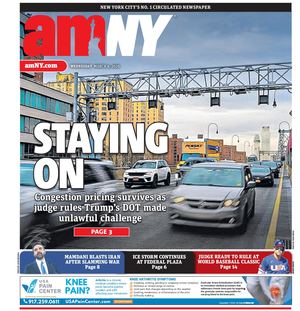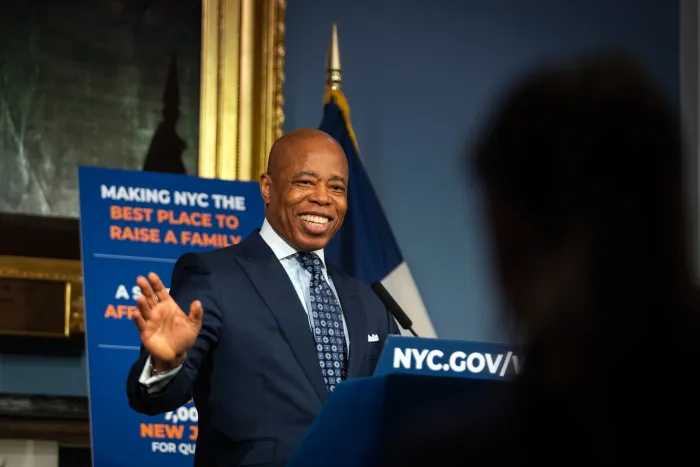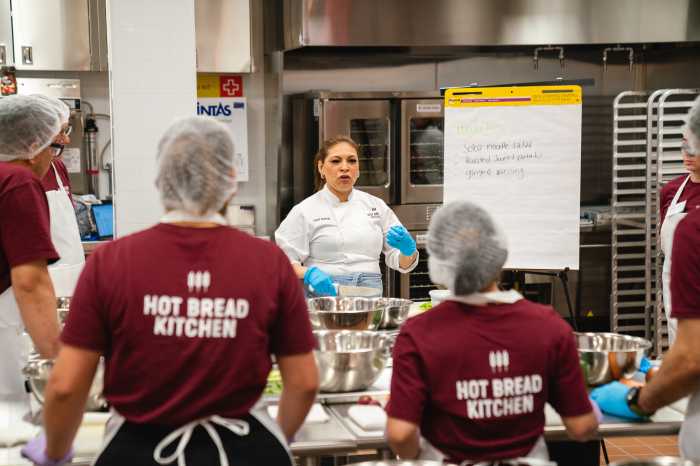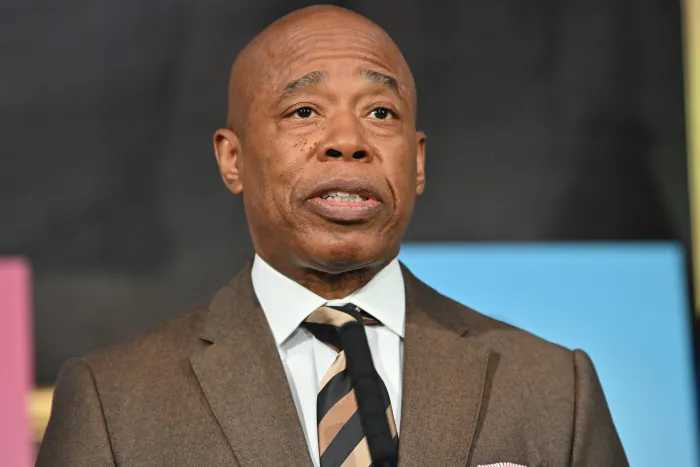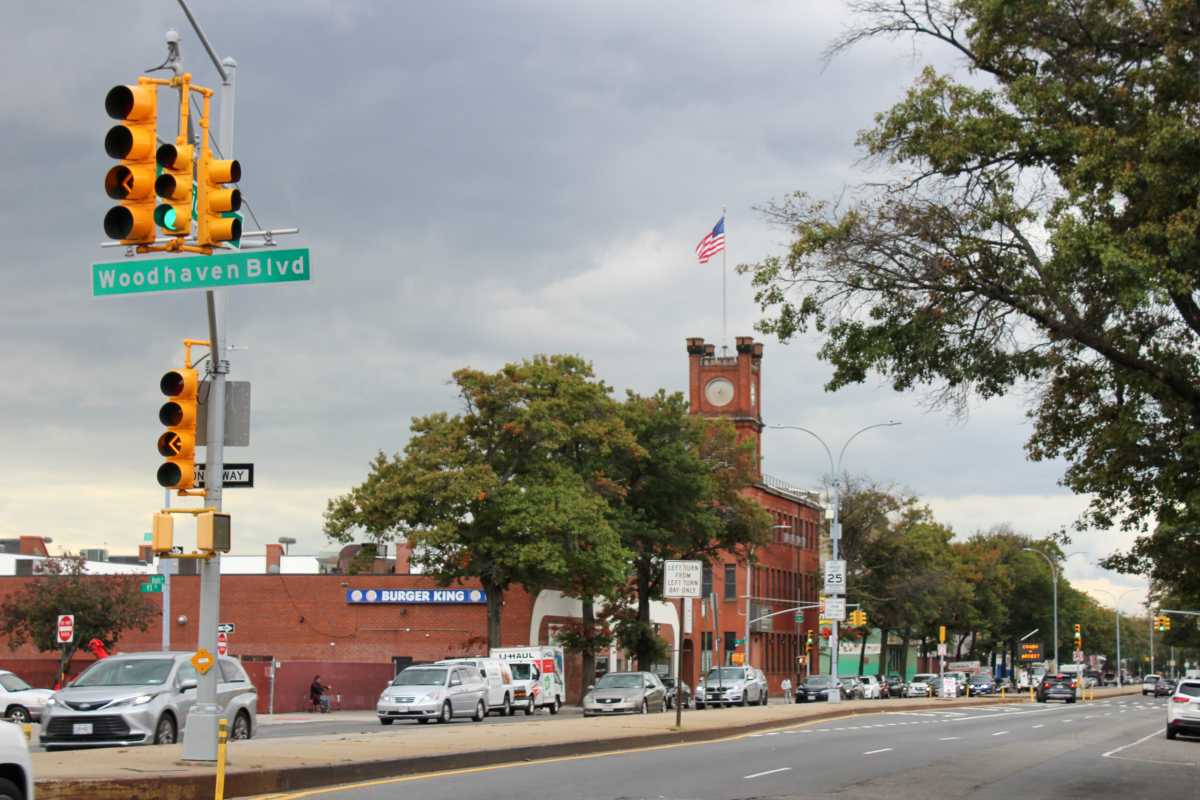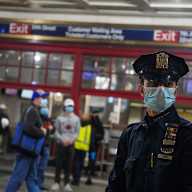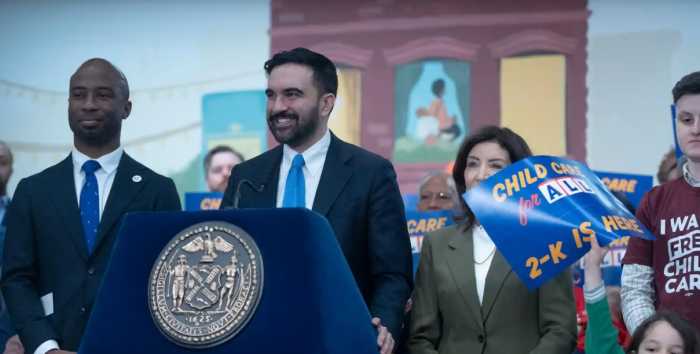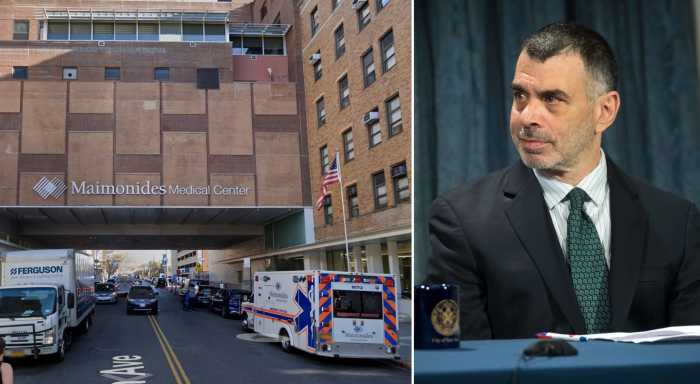Across New York, nonprofits are lifelines and advocates for the underserved, the vulnerable, and the voiceless. They provide access to healthcare, household necessities, food and clothing, mental health support, and educational opportunities. The industry is also a significant force for a thriving economy, employing just over 1 in 6 New Yorkers in the private sector.
Despite their critical role, government policies coming from Albany and Washington continue to make their jobs harder. Earlier this year, the New York State Comptroller released a report that found that while nonprofits are a crucial part of the social safety net, they have faced a concerning decline since 2017. Due to late contract processing by the state and uncertain funding streams, we’ve seen a net loss of over 170 organizations in the sector between 2017 and 2022 and a reduction in nonprofit jobs.
Unfortunately, the situation is about to get far more difficult. As the Trump administration has made sweeping spending cuts, New York’s nonprofits have already lost millions of dollars in federal funding. These cuts have severely undermined important work happening throughout the city and state. Among those harmed are Meals on Wheels, groups that provide services and operate shelters for the homeless, organizations that offer vital legal services for the underserved, and more.
Meanwhile, the slashing of outbound federal funds to New York State has impacted the agencies that provide critical health and human service programs. Gov. Kathy Hochul estimates that we could lose nearly $400 million in financial resources needed for mental health and addiction services and health departments across the state. In New York City, where federal funds comprised over 6% of the city’s budget, the loss could create a dire situation for its most vulnerable residents, making the role of nonprofits more critical than ever.
To fill these gaps, lawmakers in Albany should focus on doing everything possible to support the nonprofit sector and scrape together resources to cover federal shortcomings. They should also avoid enacting any new policies that could have unintended consequences for nonprofits. Take, for instance, data privacy proposals like the Health Information Privacy Act and the Child Data Protection Act. Unlike privacy laws enacted in other states, they include broad definitions and don’t include an exemption for nonprofits.
While I certainly agree with our state lawmakers’ desire to protect the privacy of sensitive healthcare information and the data of children, we should do so in a way that collaborates with nonprofit leaders, instead of saddling them with onerous compliance costs.
As a result of these proposals, nonprofits that work with health data or serve minors will face demands that may sound reasonable in theory but will, in practice, require them to allocate already scarce resources to legal teams and compliance–costly audits, untold liabilities, and staffing burdens they can hardly afford. These organizations are already under siege by federal funding cuts and inefficient state processes. And the lack of transparency around attorney general and agency rulemaking has left these vital organizations in the dark, stripping away the time needed to make necessary adjustments to comply.
In these uncertain and unstable times, let’s do everything to avoid bogging down the very groups holding the line for vulnerable communities in new red tape. Our focus must be on finding ways to promote and support their missions, meaning we should think twice about passing any new laws that could impede their ability to serve the communities that need them most.
Rev. Carmen Hernandez is a Bronx-based community advocate and activist, and the founding president of the NYC LGBTQS Chamber of Commerce.
